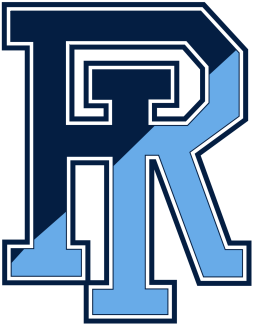Prior to taking the championship pitch at the 2017 FIL Rathbones Women’s World Cup in their home country, England coach Phil Collier said his team had “one eye on the future.”
The last time England medaled in a World Cup was in 2005. The English won bronze at three straight events in 1997, 2001 and 2005, and earned silver the two years prior in 1989 and 1993.
England has never reached the gold standard, but failing to finish in the top three in 2009 and 2013, the program made a commitment to high performance by changing its culture, developing a team spirit around its homeland, strengthening its one-on-one defense, increasing its physical fitness and conditioning regimes and scheduling more competitive games, Collier said.
Over the last 18 months, England played Australia six times in preparation for this year’s World Cup. Each country won three games, and three of those six matches were decided by one goal.
Meeting once again in the bronze medal game was familiar for both teams, but this time, it was Australia that went up early, leading 6-3 at halftime.
However, playing in front of their fans in Guildford, England, the host nation rallied around the support and developed a comeback mentality to drive home a 10-9 double overtime victory against their longtime rival. It was the first time in the event’s history that Australia did not medal.
“The medal is tangible proof of the progress we have made,” Collier said. “We are very pleased to have come out as winners in the most important game, the World Cup bronze medal game. So rather than changing the world order, I am happy to think of this as evidence that England is now able to be competitive with Australia and Canada, and continuing to close the gap with the USA.”
The English closed the gap against Australia by believing they were the fitter team, adjusting their defense by focusing on the Aussies’ play behind and around the crease, and taking ownership of the game by controlling the tempo.
Princeton graduate Olivia Hompe was named Player of the Match her performance in the bronze medal game with four draw controls, plus a hat trick, including the game-tying goal to force overtime.
But even more prominent was the play of two American college players representing their families’ heritage – recent Princeton graduate Olivia Hompe and rising Maryland senior Megan Whittle.
Down 9-5 with about 20 minutes remaining, Whittle assisted Jennifer Simpson, who scored, sparking a four-goal run to end the game knotted at nine. Hompe, who was named Player of the Match, scored the other three goals, with her game-tying tally coming with just a couple minutes left on the clock to force overtime.
“Olivia is a very special talent, with the potential to be one of the best players in the world,” Collier said. “I think that we can look forward to a lot more from Olivia in an England shirt in the future, as we continue to develop our young attacking unit.”
After six minutes of overtime, no goal was scored, forcing golden-goal overtime, which also required two three-minutes periods, with the second being dubbed “Braveheart” by the game announcer.
With the team’s heart and soul veteran Laura Merrifield kick-starting the offense at the top of 12 meter, the ball gets worked around, avoiding near turnovers with increased pressure by Australia. A goal for England was called back due to a foul, awarding Whittle a free position shot. With her “big game experience” for the national champion Terps, she capitalized on the opportunity and scored the game-winning goal.
“She is a true competitor,” Collier said. “If you had a free position shot to make to win the bronze medal, Megan would be one of the players that you would want to take it. As the youngest member of our team, I was particularly pleased for her when she scored that winning goal.”


























































